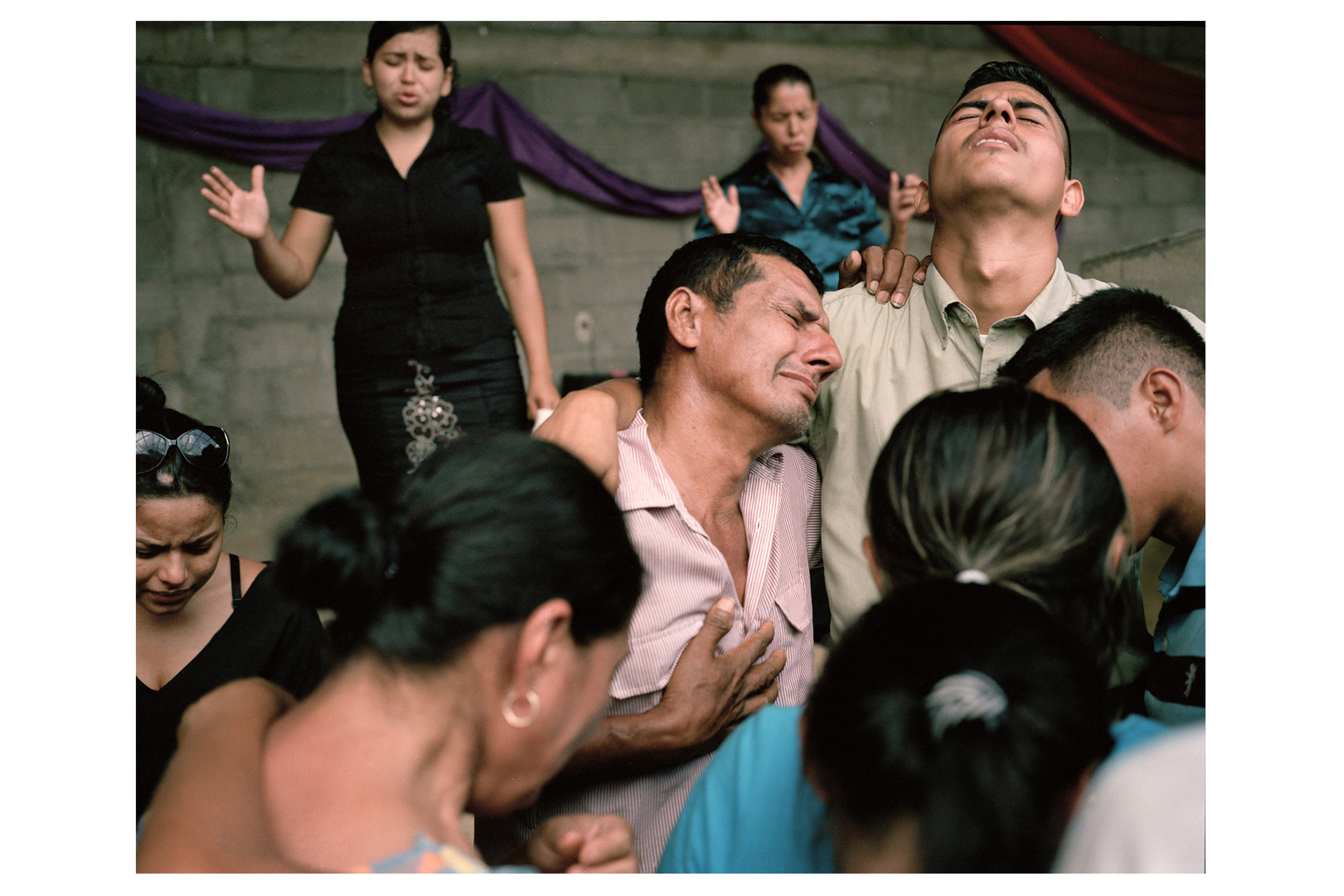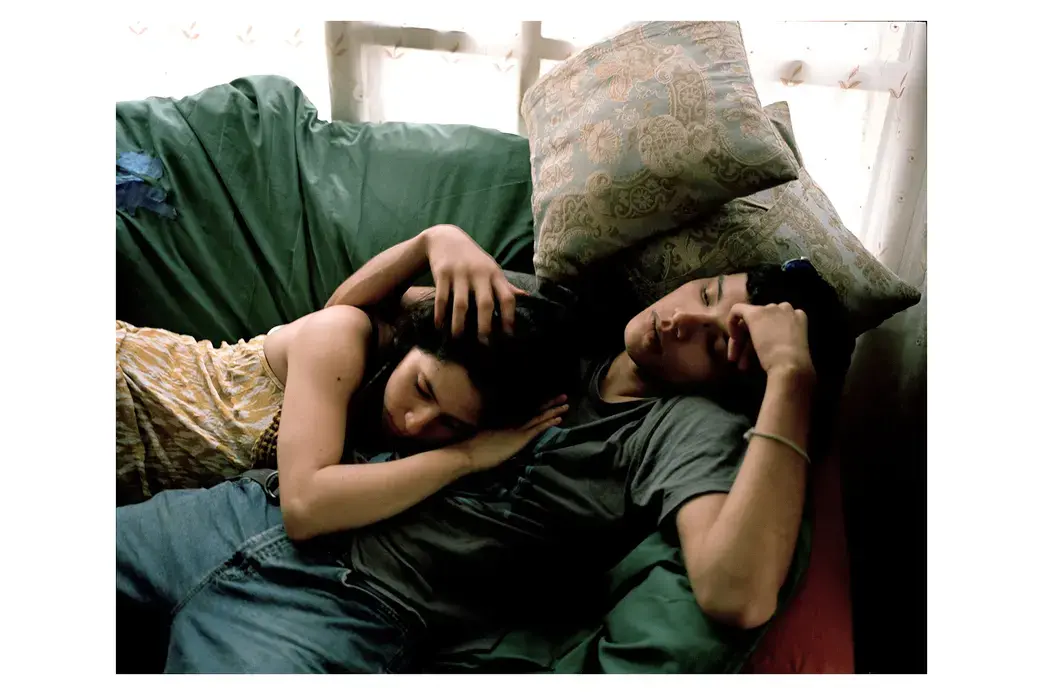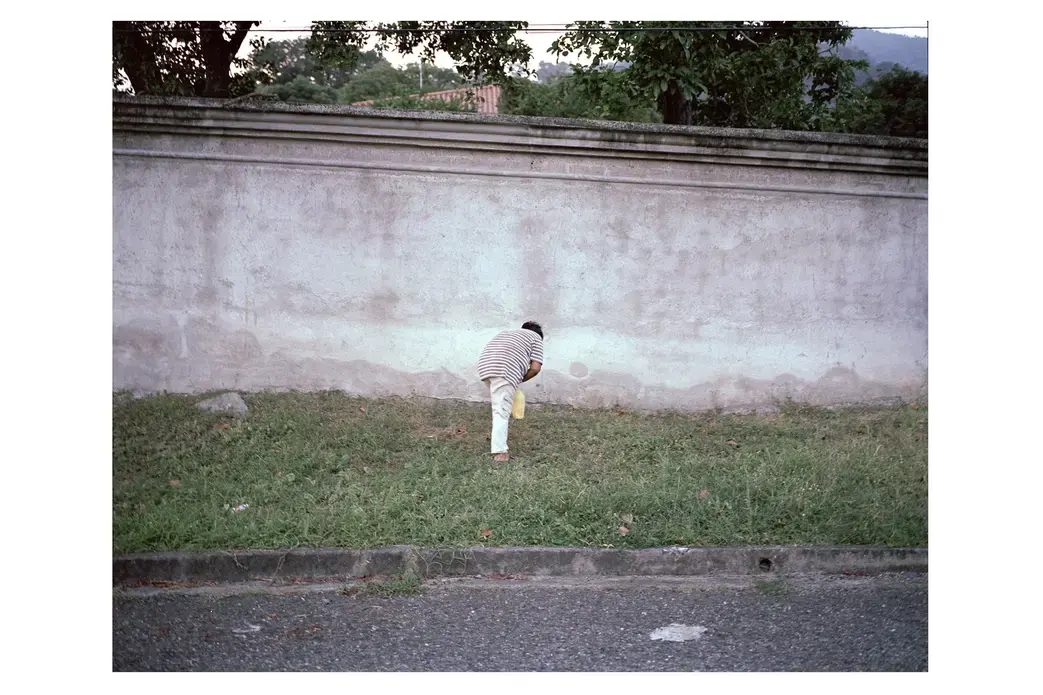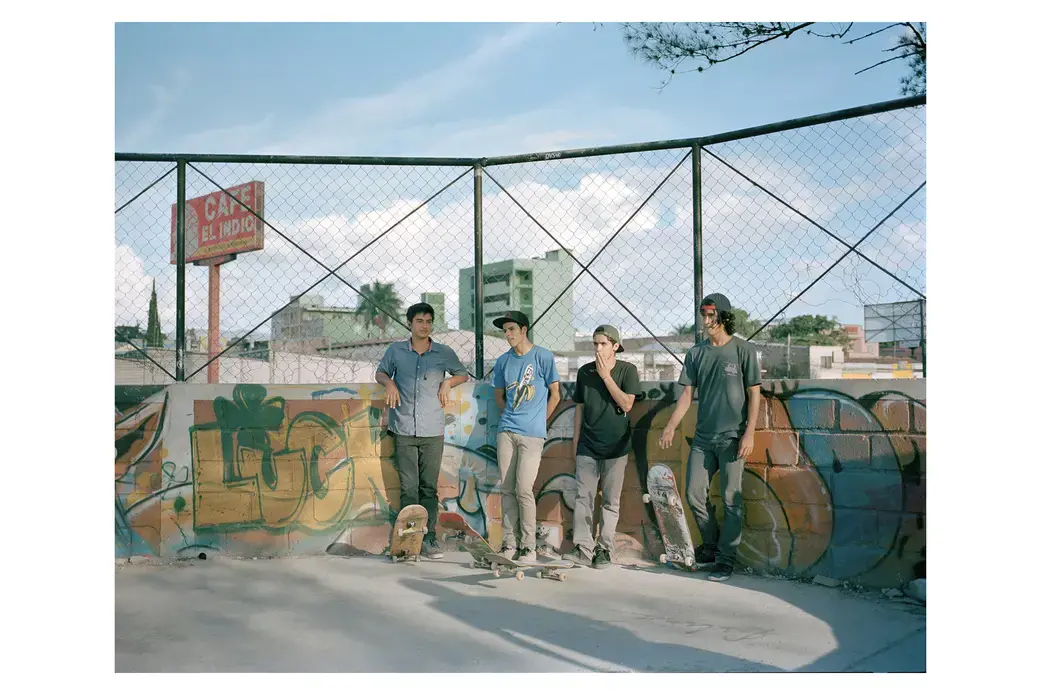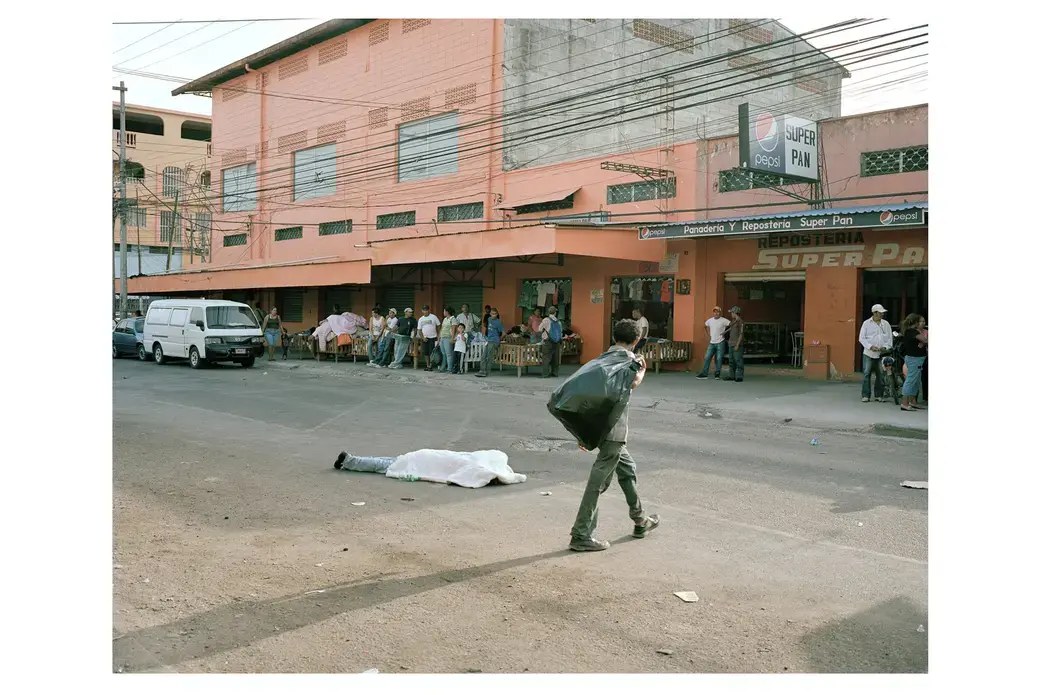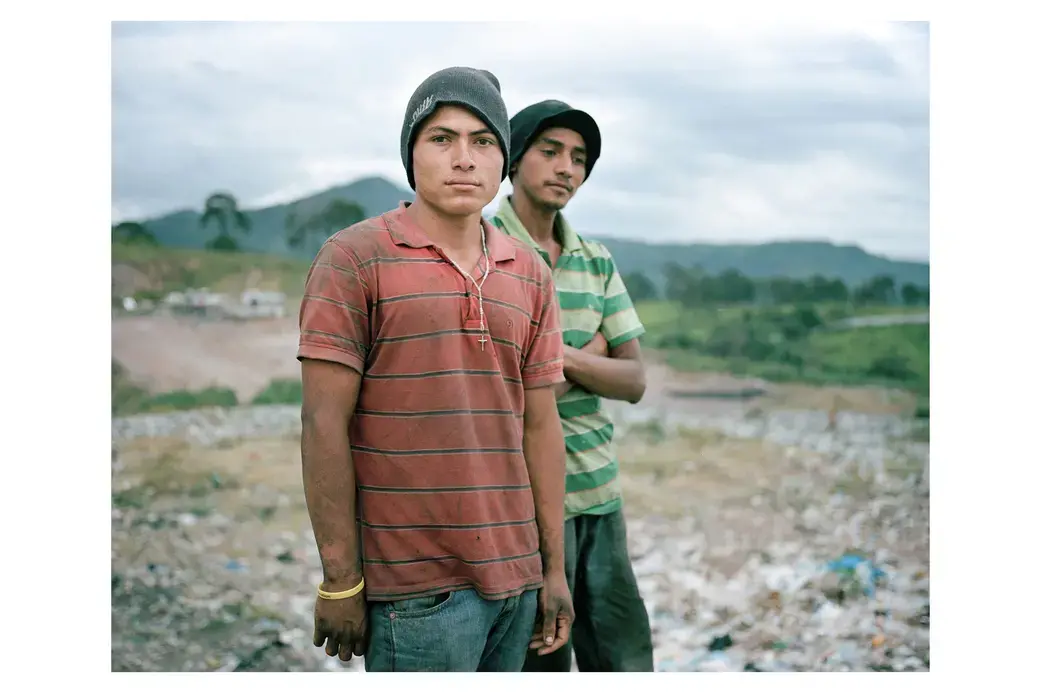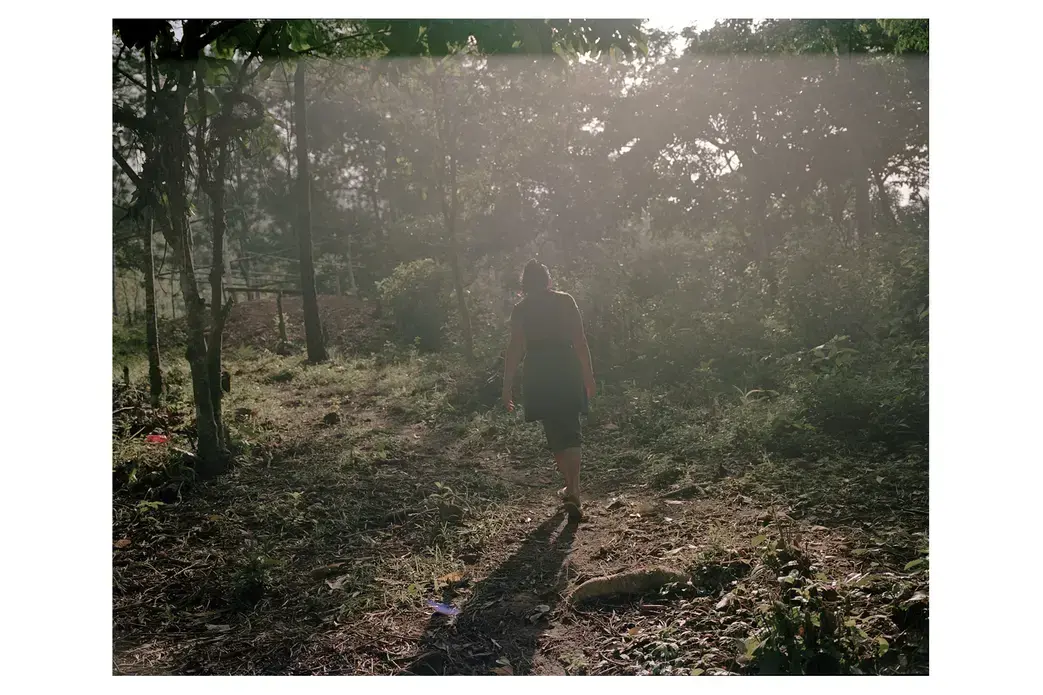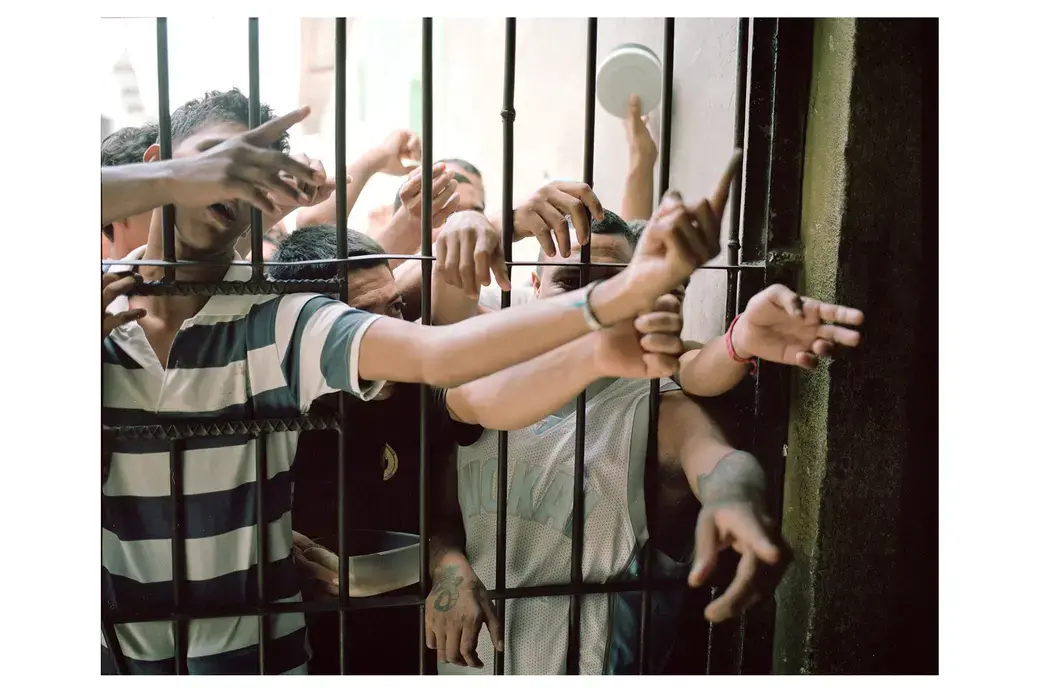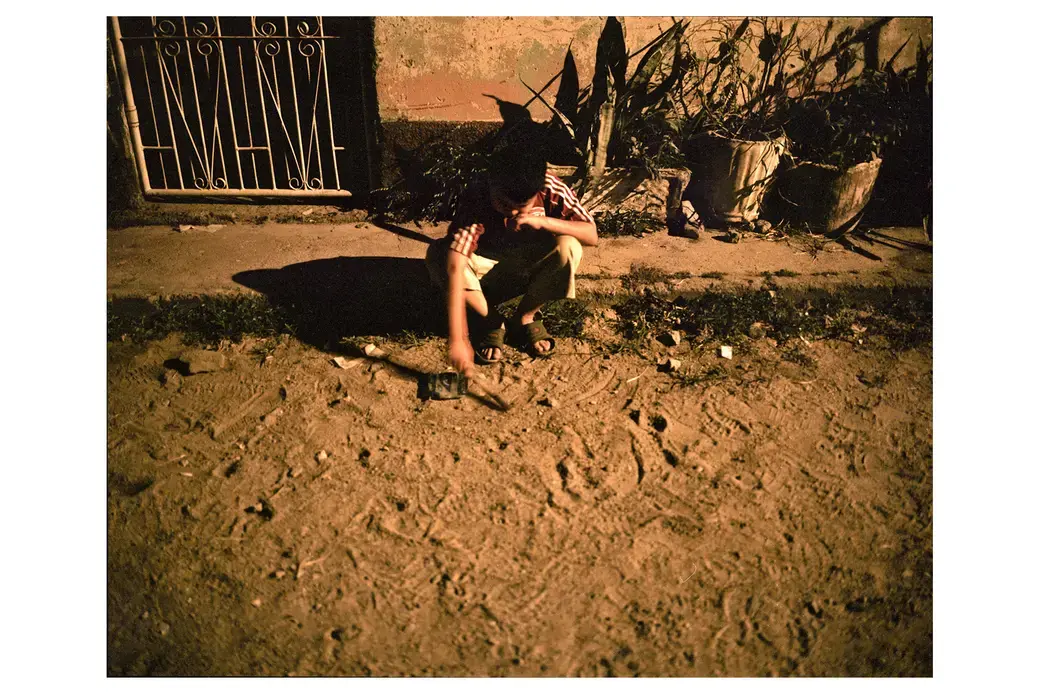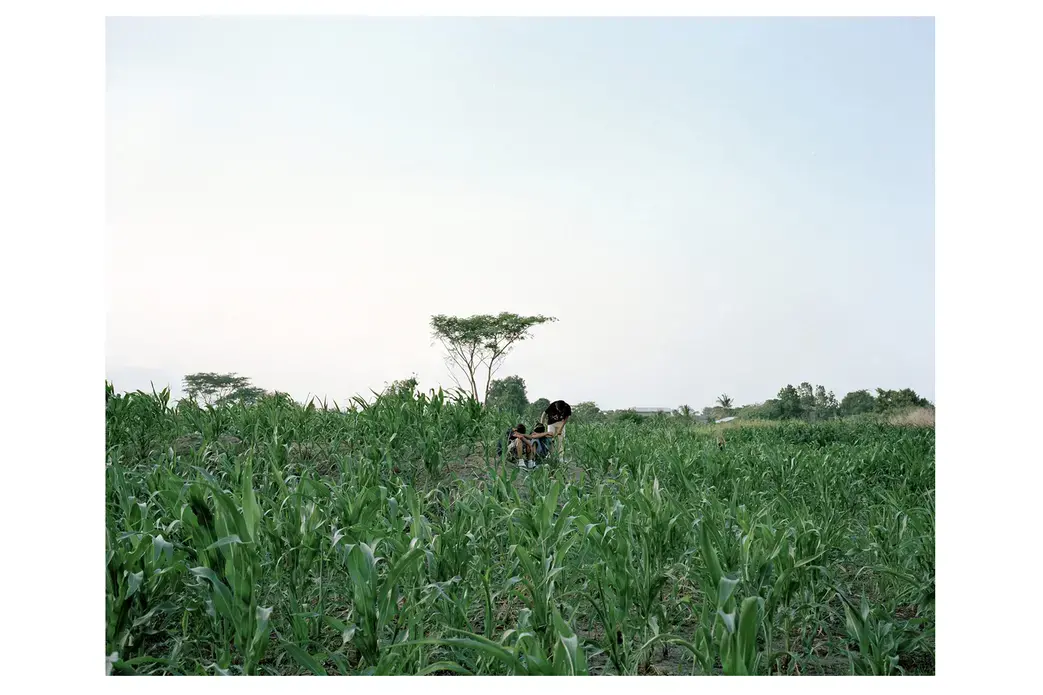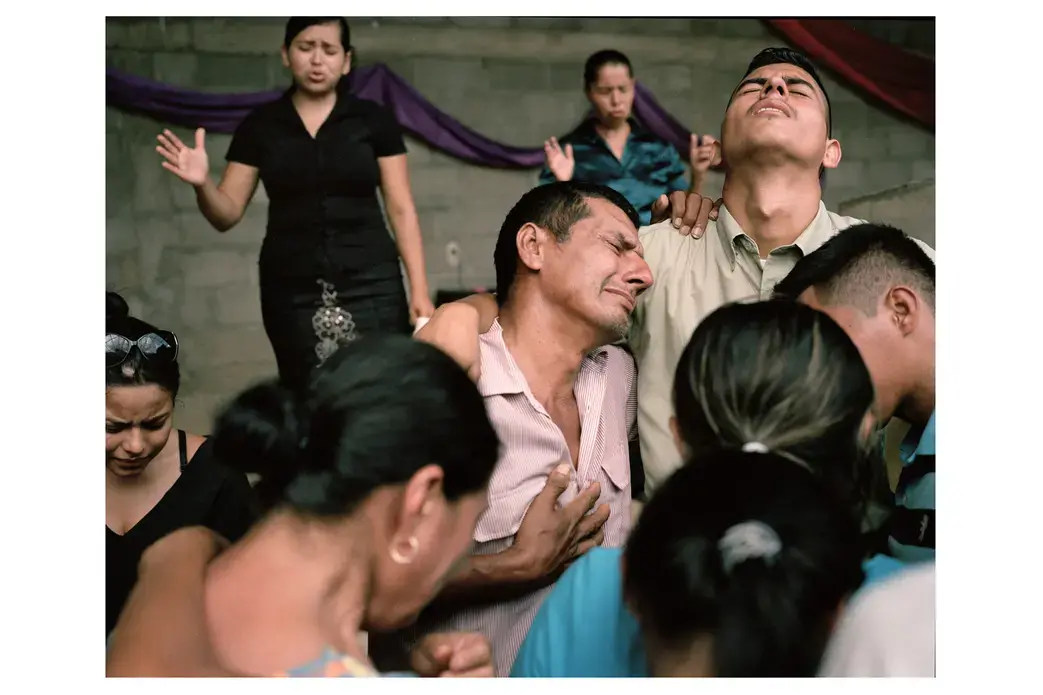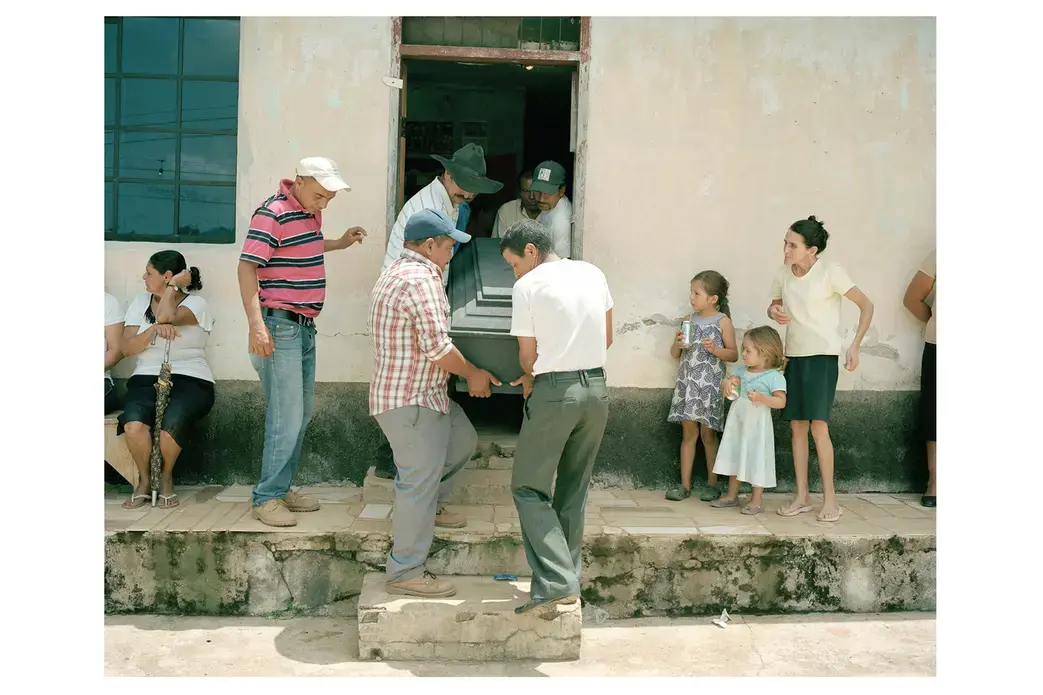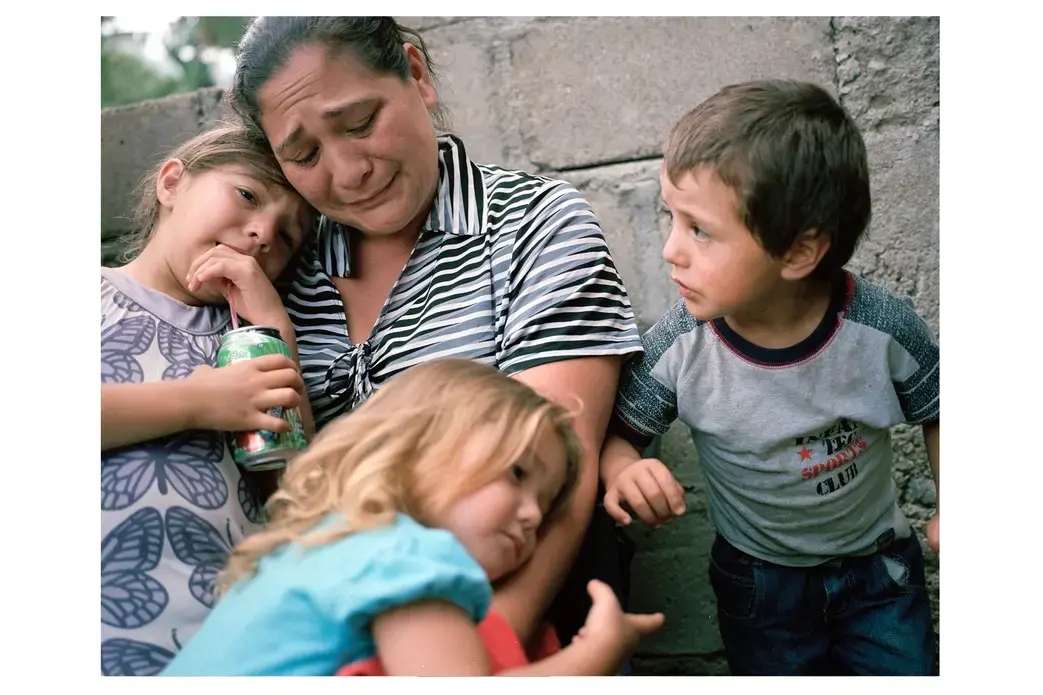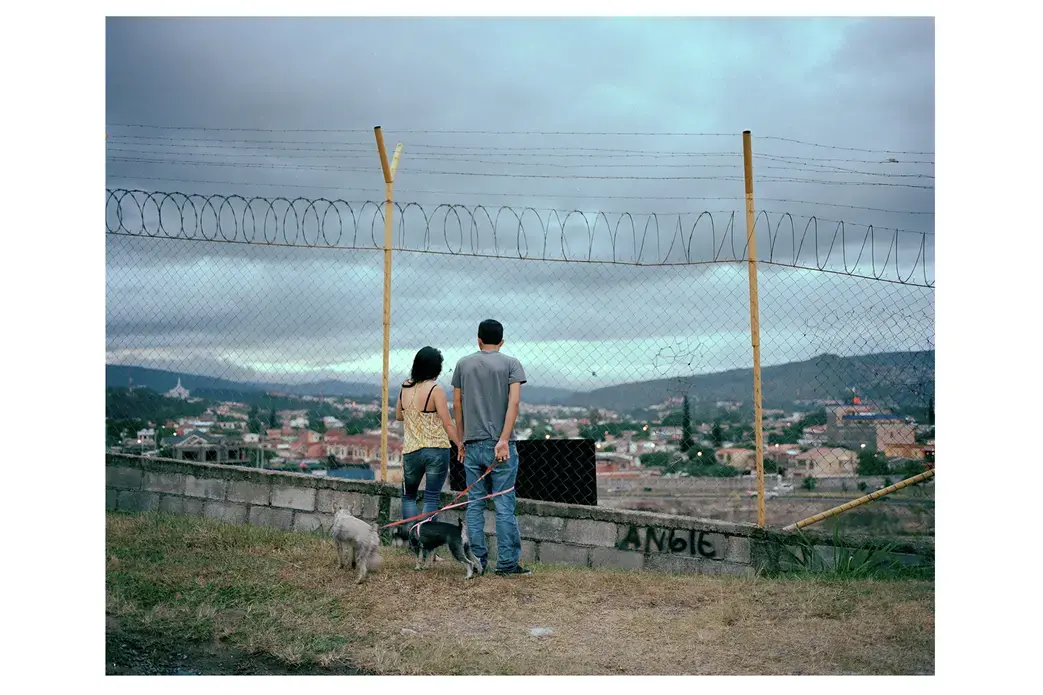Four years after a coup ousted the Honduran President José Manuel Zelaya Rosales, who was removed from office and exiled by the military in June, 2009, the country's voters will return to the polls, on Sunday, for the first general election since a controversial and widely disputed vote held months after Zelaya's ouster. The election—which will choose a new President, as well as all of the hundred and twenty-eight members of the National Congress—pits an upstart left-wing party led by Xiomara Castro de Zelaya, the deposed President's wife, against the right-wing National Party and the center-right Liberal Party, which have dominated Honduran politics for the past two decades. (Manuel Zelaya won the Presidency in 2005 as the Liberal Party candidate, but many party members supported his ouster, alleging that he had swerved leftward in office.)
Rafael Alegria is the regional director of La Via Campesina, an international peasant organization, and a candidate for Xiomara Castro's new Libertad y Refundación Party (known as Libre). "We're very close to a failed state," Alegria said in an interview in the Honduran capital, Tegucigalpa. "I don't know what will happen if we don't win." The walls of Alegria's office are decorated with pictures of him alongside various leaders of the Latin American left: Hugo Chávez, Evo Morales, and Cristina Fernández. "Their plan," he said, referring to the ruling National Party, "is to create chaos and more crises in order to arrive at that point of a failed state." Alegria believes that some pretext will be found to prevent Libre from winning, and he speaks ominously of a possible "North American intervention." Many Hondurans view the United States as untrustworthy and aligned with the National Party; the American reaction to the 2009 coup was muted. Three-quarters of all U.S.-bound cocaine passes through Honduras, and the U.S. has three forward-operating bases in rural and coastal Honduras, used for training the Army in drug interdiction. The results have been uneven.
The most recent polls show a close race between Libre and the National Party, whose Presidential candidate, Juan Orlando Hernández, has promised to put "a soldier on every corner." The murder rate in Honduras is a shocking eighty-six people for every hundred thousand (by contrast, the United States has four murders per hundred thousand inhabitants), and the military and police are widely viewed as corrupt and unaccountable.
At least seventeen Libre Party candidates or activists have been killed in the past eighteen months; sixteen people from the other two major parties have also been murdered. It's not clear how any party plans to address the catastrophic violence. In San Pedro Sula, a small city of under a million people, in northwest Honduras, dubbed "the most violent place in the world"—with more than a hundred and fifty homicides per hundred thousand residents—the morgue at Mario Catarino Rivas, a public hospital, was crowded with families and friends of the recently deceased. The day's murder victims included a lawyer, who had recently returned to the country to be with his family after having left to avoid death threats; the owner of an auto dealership, who was shot in his car; and a student who had been killed while waiting at a bus stop. "Society is disarticulated, and we have no state," the student's father, Juan Jose Dubon Murcia, said. "The problem here is that they're killing young men. We need an S.O.S. in Honduras."
At another morgue, in San Pedro Sula, Moises Cerros was waiting with a casket for the body of his brother-in-law, a thirty-four-year-old community leader named Darwin Franco. "I was putting the kids to sleep, and I heard the gunshots," Lizeth Cerros, Franco's wife, said. He had been warned to leave the municipal land where he was squatting with his family, and to stop helping others squat there, too. Franco had supported the National Party, but he recently shifted his allegiance to the Liberal Party, because its local Congress candidate supported his efforts. His family hadn't yet decided whether they would leave town to protect themselves. "God gives us wisdom to deal with these things," Moises Cerros said. "Running away is not being a coward."
A few days later, in Correderos, about a two-hour-long drive up into the mountains outside of San Pedro Sula, Franco's family held a wake before his burial. The disputed land where he was encouraging others to settle is a short walk away—up a slick red-dirt path into the hills.
There are at least nineteen bullet holes in the tarp that served as a wall in Franco's small shack; inside, the blood has been washed from the table. Beside his home, string has been tied between trees, marking out more plots to be settled. A day after the funeral, Moises Cerros said that the first threats had arrived: "They sent a kid to tell Lizeth that if they don't leave they'll kill them, too."
Back in Tegucigalpa, a group of young men at the El Ove skate park don't have much to say about the upcoming election. Jorge Moreno, a twenty-three year-old skater, was filming his friends; he'll post the videos and photos on Facebook, on YouTube, and on Tumblr. Moreno, who now works at an organization that focusses on sexual and reproductive health, was selling tie-dyed shirts and doing some translation work for a church group. "I don't think I'm Honduran, because I feel that I'm from the world," Moreno said. Most Hondurans have very little faith in their politicians; there are widespread rumors of candidates handing out cash to voters, and of planes full of cocaine landing in the capital. Moreno's friend, Violeta Mora, a twenty-two-year-old who used to work for the U.N., wondered if there was any point to the election: "They don't understand that you don't want to vote not because you don't care but because you care too much." A few of the other skaters climbed up into a tree to smoke some marijuana, hoping to avoid being spotted by the police. "Silence is my revolution," Mora said. "It's my right."
To view The New Yorker's Portfolio slideshow, visit their website.



